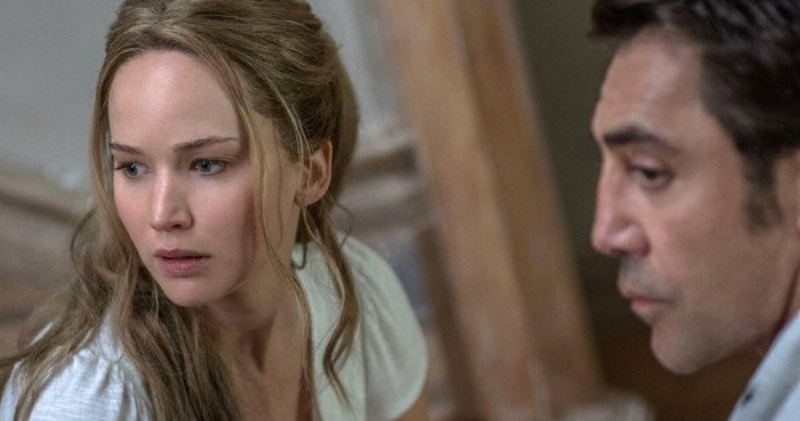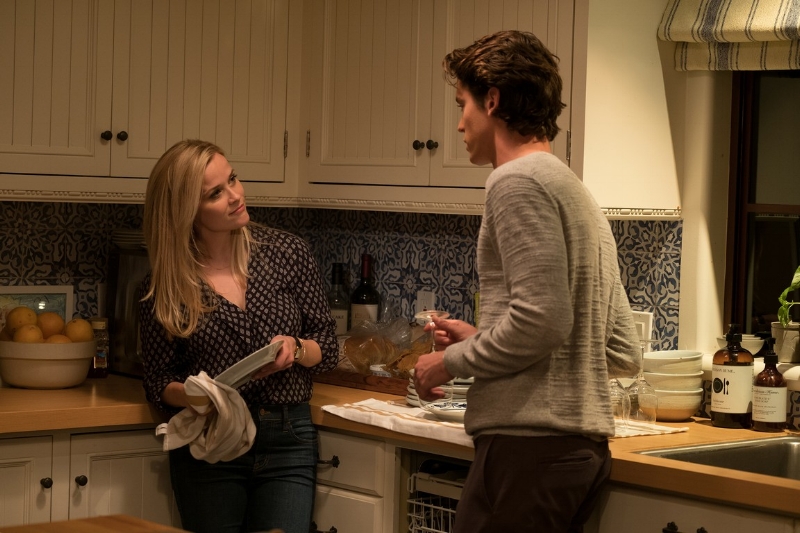TWIST Advance: SATURDAY CHURCH
Directing: A-
Acting: B+
Writing: A-
Cinematography: B+
Editing: A-
Music: B+
Back in 2008, there was this thoroughly charming, coming-of-age / coming-out movie that was also a gay-themed musical, called Were the World Mine. Its music was so wonderful that I bought the soundtrack. Ah, those innocent -- or maybe ignorant -- cisgendered, white-centric days.
That's not to denigrate Were the World Mine in any way, as to this day I would eagerly recommend it to anyone. Its Shakespearean themes are magically interwoven into its story, and it remains a unique vision worthy of attention. But a lot of time has also passed since then, and we now live in a post-Tangerine world. In 2008, the year Barack Obama was elected, we lived in a time of naive hope. The 2017 Trump era underscores the need for attention to wider ranges of oppressed communities, and to intersectionality, and Saturday Church couldn't be coming at a better time.
Indeed, it should be very much considered a compliment to say that Saturday Church bears notable resemblance to Were the World Mine. It doesn't rip it off in any way, and neither is it literate in the same way -- rather, it expands upon similar concepts, and draws a clearer line between fantasy and reality, even as it indulges in fantastical musical numbers. These are all literal fantasies of its main character, Ulysses (Luka Kain, fairly new to feature films after some experience in both commercials and on Broadway, very well cast here), a young teenager withdrawing from the harsh real-world reactions to a budding interest in women's clothes.
With Saturday Church, writer-director Damon Cardasis is not preoccupied with gender identity, particularly when it comes to his main character. The hard-nosed Aunt Rose, recruited to look after Ulysses and little brother Abe (Jaylin Fletcher) in the wake of their father's death as their mother has to take on extra work, is the only one who makes a point of characterizing Ulysses as both "a black boy, and he's gay." But Aunt Rose, played by Regina Rose without much nuance perhaps because her character is the most one-dimensional, clearly doesn't know what she's talking about.
Ulysses takes the subway into Manhattan, encounters a group of young trans women, and gets invited to the Saturday Church of the title, inspired by a real-life church program for LGBTQ youth. These transgender women, who are a few years older, takes Ulysses under their wing, along with a young boy, Raymond (Marquis Rodriguez), who develops a sweetly romantic interest. Neither he nor any of Ulysses's other new friends spend any time discussing labels -- an almost ironic notion, given that Saturday Church is one of very few films in which trans women of color are actually played by trans women of color: the only other notable one that comes to mind is, again, Tangerine. That said, for all their entertainingly jaded sarcasm, they prove to be real friends to Ulysses, very much encouraging the blossoming of interest in makeup and high heeled shoes.
In its way, Saturday Church is also a coming-out story, only within the context of gender variance. And make no mistake, there is some real emotional pain and some sexual trauma, a realistic reflection of what too many people go through in order to survive. This movie goes out of its way to reflect the stark realities of many trans women of color in particular, the wide range of attitudes toward sex work and the constraints on finding lasting relationships. What makes this movie truly stand apart is how it spends equal time on the unequivocal joys that can also be found along the journey of authentic self-discovery.
To say I found Saturday Church deeply moving would be an understatement. Sure, it made me laugh, it made me cry. It made me cry for multiple reasons. I shed tears for the familiar tensions Ulysses endured in the face of ignorant family members, contrived as they sometimes were. But for perhaps the first time at a movie with so much focus on transgender issues, I shed far more tears of joy, quite literally, as I watched a young person never specifically gendered find an authentic self.
The musical sequences, used both sparingly and effectively, are icing on the cake. Unlike a more conventional musical, where characters burst into song for no discernible reason, here the singing is always part of the main character's elaborate fantasies, which still grounds them in the real world. Compared to Were the World Mine, which I just can't help doing because the films are so similar in concept, the songs are not quite as good, the lyrics less refined or clever, but on average the vocal talent here is far better. Saturday Church features some truly great singing, albeit paired with choreography that could have used a little more polish.
That said, any minor complaint I might have about it is nothing but nitpicking. It's all about the story, and even with at least one particularly one-note character, this story is deeply affecting. Saturday Church has charms all its own, unlikely to be forgotten for some time.
Luka Kain turns tragedy into beauty in Saturday Church.
Overall: A-










